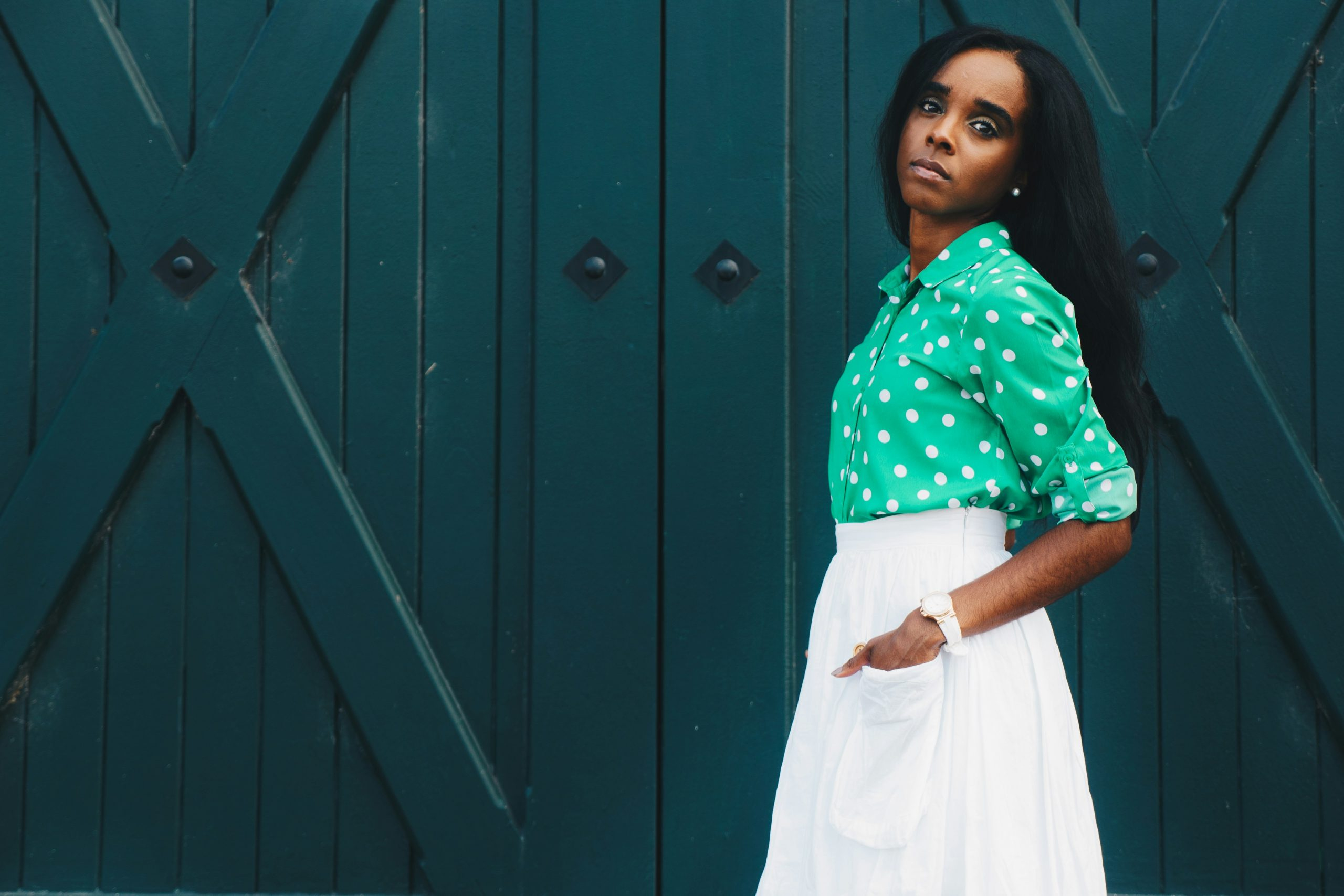Renting the Runway: Can Luxury Fashion Survive the Sharing Economy?
The sharing economy has taken the world by storm, disrupting traditional industries left and right. From ride-sharing services like Uber and Lyft, to home-sharing platforms like Airbnb, consumers are embracing the idea of sharing rather than owning. The latest industry to face this disruption is luxury fashion. With the rise of companies like Rent the Runway, the idea of renting high-end designer clothing has become mainstream. But can luxury fashion truly survive in this sharing economy? Let’s take a closer look at Rent the Runway and the impact it’s having on the luxury fashion industry.
The Basics of Rent the Runway
Founded in 2009, Rent the Runway revolutionized the way women think about their wardrobes. The company allows users to rent high-end designer pieces for a fraction of the cost of purchasing them. With over 11 million members and 6 million followers on social media, Rent the Runway has clearly struck a chord with consumers. But what makes this company so successful? And what are the implications for the luxury fashion industry as a whole?
The Appeal of Renting
At first glance, renting luxury fashion may seem counterintuitive. After all, part of the allure of luxury brands is owning and showing off their products. However, Rent the Runway offers a different perspective. By renting, consumers can try out high-end pieces without the hefty price tag. This allows for a more accessible way to experience luxury fashion, rather than being limited to those who can afford to buy it outright. Additionally, renting allows for variety and flexibility. Instead of dropping thousands of dollars on one designer dress, users can rent multiple pieces for different events.
The Impact on the Luxury Fashion Industry
The rise of rental fashion is undoubtedly shaking up the traditional model of luxury fashion. In the past, luxury brands relied on consumers purchasing their products in order to maintain their exclusivity and prestige. However, with the popularity of rental services like Rent the Runway, the definition of luxury is evolving. Customers are no longer just purchasing items for the sake of ownership, but for the experience they provide.
Challenges for Luxury Fashion Brands
Changing Consumer Behavior
The transition to a sharing economy has resulted in a shift in consumer behavior, particularly among younger generations. Millennials and Gen Z, who are driving the rise of the sharing economy, have a different mindset when it comes to luxury. They value experiences over material possessions and are more likely to rent or share items rather than owning them.
Sustainability and Accessibility
Rent the Runway has also addressed two major challenges facing the luxury fashion industry – sustainability and accessibility. By encouraging the rental of high-end pieces, it reduces the demand for fast fashion and promotes a more sustainable way of consuming clothing. It also allows for those who may not be able to afford luxury fashion to experience it, aligning with the growing demand for inclusivity and diversity in the fashion world.
The Future of Luxury Fashion in the Sharing Economy
While the idea of renting luxury fashion may initially seem like a threat to traditional brands, many are embracing the sharing economy and adapting to this new model. Some high-end designers are partnering with rental services, allowing consumers to rent from their collections. Others are launching their own rental services, offering customers a way to experience their designs without committing to a purchase.
Ultimately, it’s clear that the sharing economy is here to stay, and the luxury fashion industry must adapt in order to survive. By embracing rental fashion, luxury brands have the opportunity to reach a wider audience, promote sustainability and inclusivity, and stay relevant in an ever-changing market. While there may be challenges along the way, one thing is certain – luxury fashion and the sharing economy are a match made in style heaven.











